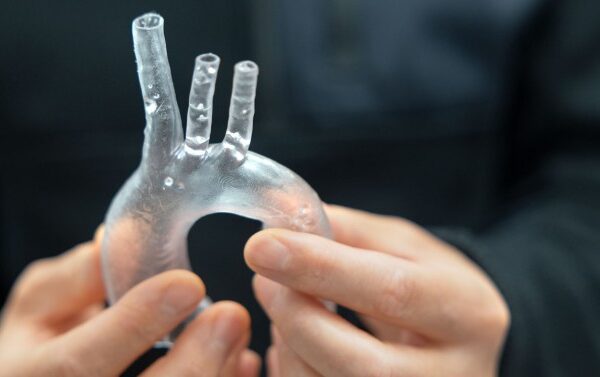Cornell University, a renowned hub for innovation, is on a mission to protect and leverage intellectual property, igniting the transformation of emerging technologies into tangible breakthroughs. On September 27, 2023, the Center for Technology Licensing (CTL) at Cornell University hosted its first IP series for Fiscal Year 2024, a compelling conversation with experts and directors revealing the essential intricacies of the Tech Transfer Process.
Dr. Lisa Placanica, Senior Managing Director at CTL@WCM, provided the why behind Cornell’s commitment to tech transfer and commercialization. She explained that the university’s policy of owning intellectual property developed by faculty, trainees, and staff aims to benefit the public by translating research, attracting talent, expanding research opportunities, and fortifying industry connections. The best part? There is no financial risk for those who collaborate with CTL, as the university covers all associated costs.
So, what does the technology commercialization process entail?
Research and Ideation: This is where the journey begins, with the generation of innovative ideas and research.
Disclosure: Early communication with CTL is crucial. When you believe you have a potentially protectable and valuable innovation, reach out to CTL as soon as possible. They will assess the innovation’s potential and determine if further development is needed.
Evaluation: CTL examines the submitted innovation and engages in discussions with the innovator. This marks the start of a feedback loop where they consider both protecting the intellectual property (IP) and planning for its marketing, licensing, or other commercialization strategies.
Protecting IP: CTL assists in making decisions about how to protect intellectual property, considering various options and approaches to safeguarding it.
Commercialization: CTL explores different avenues for commercializing the technology, which may include licensing, startups, or other strategies.
But that is not all—William Pegg, Director of Intellectual Property (IP) at CTL, delved into the world of patents, trademarks, and copyrights. Patents, he explained, offer temporary monopolies in exchange for public disclosure, safeguarding the seed of innovation. Copyrights protect original works, while trademarks serve as beacons of product origin.
Martin Teschl, the lead at CTL’s Physical Sciences business development and licensing team, emphasized the pivotal role of inventors in the entire process. It is not just about innovation but also active involvement in creating commercial opportunities. Networking, outreach, and marketing materials like tech briefs play crucial roles in turning these innovations into tangible successes.
If you are eager to uncover the secrets behind technology commercialization, this event is a must-watch. Cornell University’s IP Series unlocks the doors to innovation, IP protection, and transformative breakthroughs. Do not miss out on the opportunity to learn and get inspired by the experts who are driving innovation at one of the world’s leading academic institutions.
Author: Catherine Yingzi Lin






